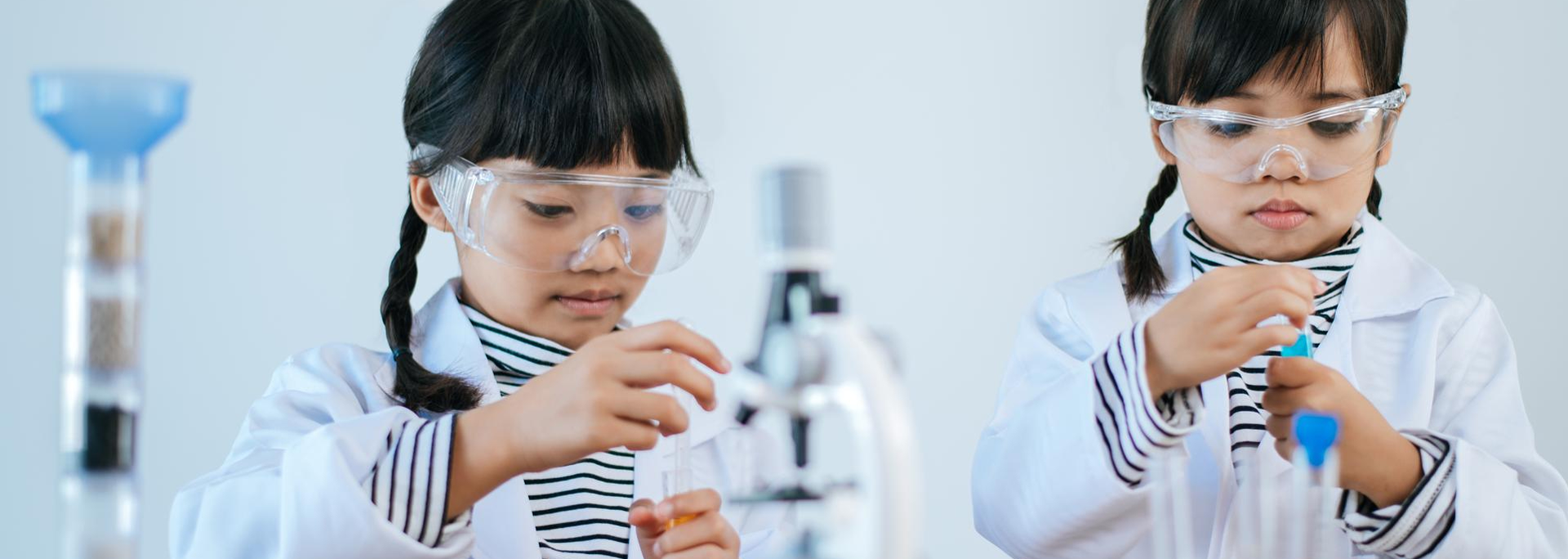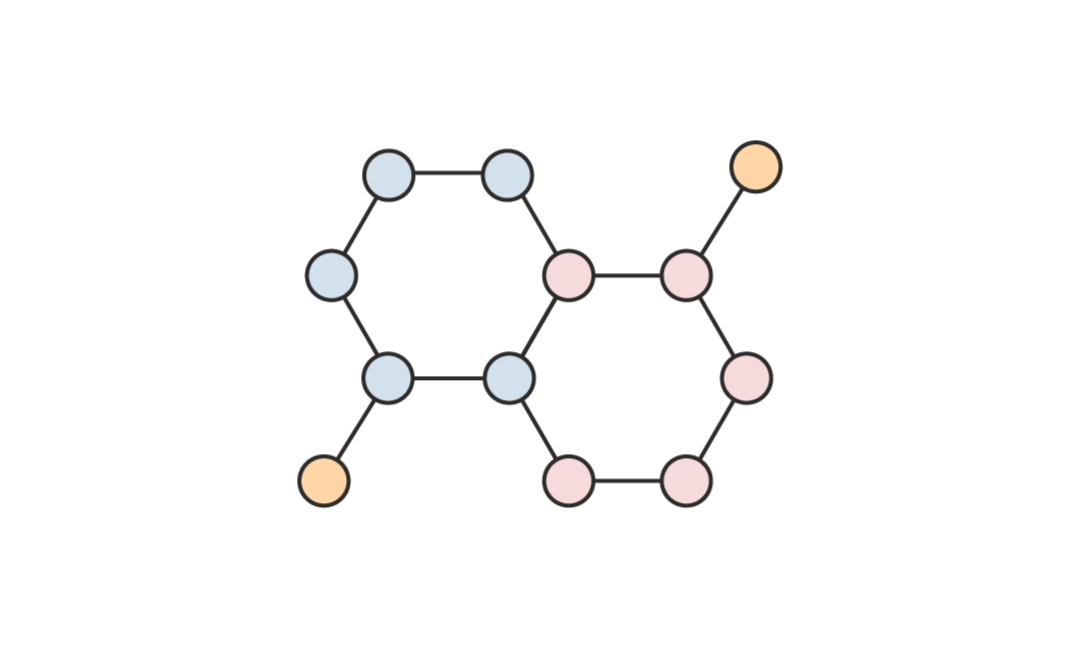
The Ministry of Education (MOE) in Singapore has announced changes to the Science syllabus for Primary and upper Secondary levels, which have been implemented since 2023. These changes will affect Primary students taking the Primary School Leaving Examination (PSLE) in 2026 and Secondary students taking the O-Level examinations in 2024. The changes are aimed at equipping students with the necessary skills and knowledge to thrive in a science-driven world.
What's Changing in Primary Science?
The updated Science Curriculum Framework introduces a fresh direction for Science education in Singapore, aiming to equip students with a robust foundation in Science. This foundation is designed to support students not just academically but also in their everyday lives, as responsible citizens, and in their future careers.
Some of the Science syllabus changes made by the MOE include:
1. Removal of the Topic ‘Cells’
The topic ‘Cells’ has been removed from the Primary 5 Science syllabus. This topic relies heavily on memorising different parts and functions of the cell, and the unfamiliar scientific terms, such as nucleus and cytoplasm, can be challenging for young students.
The removal of the topic from the Primary Science syllabus allows students to delve deeper into other topics that focus more on applying scientific concepts to real-world situations.

2. Fixed Set of Topics Covered at Each Level
Previously, the syllabus was divided into lower and upper block Science topics. This has been done away with, with each level now having a fixed set of topics.
This change helps to ensure consistency across schools and makes it easier for students to know what to expect in terms of the topic coverage for the year. Here is an overview of the topics in the new Primary Science syllabus:
| Themes | Diversity, cycles, systems, interactions, energy | |
|
Levels |
P3 |
P4 |
|
Topics |
|
|
|
Levels |
P5 |
P6 |
|
Topics |
|
|
Themes |
Diversity, cycles, systems, interactions, energy |
|||
Levels |
P3 |
P4 |
P5 |
P6 |
Topics |
|
|
|
|
3. Clearer Learning Outcomes
Learning outcomes (LOs) have been revised to be more specific and clearly state keywords and phrases that students must apply, as well as listing terms that students do not need to memorise.
Examples:
- Primary 4 - Light: A new LO has been added that specifically requires students to recognise that “light travels in straight lines” and thus shadows are formed when light is blocked.
- Primary 6 - Forces: The use of specific terms such as ‘air resistance’ and ‘water resistance’ are not required.
This aims to guide teachers on what students should focus on to avoid overloading them with information that is not in the syllabus.
4. Greater Emphasis on Skills
The glossary of terms as listed on the syllabus has been updated to include skills that students need to reflect the increased emphasis on higher-order thinking skills, practical skills and experimental skills. These include:
- Analyse
- Evaluate
- Formulate hypothesis
- Solve problems
- Make decisions
- Use apparatus and equipment
Students are expected to demonstrate more higher-order skills and independence when answering questions. Based on our analysis of the new Primary 4 Science textbook, this shift has been observed as well with new content emphasising on skills, such as taking measurements (under the topic of Matter), designing and conducting experiments (under the topic of Matter) and reading graphs (under the topic of Heat).
These skills are essential for scientific inquiry and problem-solving. Hence, this change will equip students with the ability to apply scientific concepts in real-world situations.
What's Changing in Upper Secondary Science?
1. New Topics and Learning Outcomes (LOs)
New topics have also been added to the Upper Secondary O-Level Science syllabus.
- O-Level Biology – Infectious Diseases in Humans
- O-Level Physics – Radioactivity
In addition, there are several changes to the LOs. For example, some LOs are now more in line with current global developments.
Examples:
- O-Level Biology – Organisms and their Environment: Discuss how human actions can reduce the effects of global warming.
- O-Level Chemistry – Polymers: Describe two methods of recycling plastics and discuss the social, economic and environmental issues of recycling plastics.
- O-Level Physics – Electromagnetic Spectrum: Describe how radio waves are used in astronomy and RFID tags, and how infrared is used in thermal imaging.
These new topics and LOs are relevant to current global developments and will help students to better understand the world around them.
2. Reorganisation of Topics
Some topics and sections have been merged or reorganised into new sections.
Examples:
- O-Level Biology – The topics 'Reproduction' and 'Cell Division' have been merged into a single topic, 'Reproduction'.
- O-Level Chemistry – The sections 'Organic Chemistry' and 'Atmosphere' have been merged into a new section, 'Chemistry in a Sustainable World.'
- O-Level Physics – The 'Mass, Weight and Density' topic has been dismantled, and its concepts have been reorganised into the 'Dynamics' and 'Pressure' topics.
The reorganisation of topics aims to streamline the content coverage and create a more logical flow for learning, thereby facilitating deeper understanding and better application of concepts.
3. Removal of Topic and Learning Outcomes (LOs)
The topic 'Temperature' has been removed from the Upper Secondary Physics syllabus. In addition, some LOs have been removed from other topics. The removed topic and LOs were mostly either focused on memorisation rather than application or were not aligned with current global developments.
Examples:
- O-Level Biology – Respiration in Humans: Describe the removal of carbon dioxide from the lungs, including the role of the carbonic anhydrase enzyme.
- O-Level Chemistry – Metals: Describe and explain the essential reactions in the extraction of iron using haematite, limestone and coke in the blast furnace.
- O-Level Physics – Physical Quantities, Units and Measurements: Some analogue instruments for length measurement, such as vernier calipers, have been removed from the syllabus. They have been replaced with digital instruments, such as digital calipers.
What Do Parents Need to Know?
While some parents may worry about the changes, they were designed to improve learning and equip students with relevant skills for the future. Here is what you can do to support your child:
- Communicate with your child's teachers: Ask any questions you have and seek clarification on the new topics and assessments.
- Focus on understanding, not memorisation: Encourage your child to ask questions, experiment, and apply their knowledge to real-life situations.
- Celebrate their curiosity and progress: Science should be an engaging journey of discovery. Show your child that you value their efforts and progress, not just their grades.

How The Learning Lab Prepares Students for Primary and Secondary School Science
At The Learning Lab, we're dedicated to ensuring that students not only meet but exceed the expectations of the current educational standards in Science for both Primary and Secondary levels.
We focus on nurturing the essential skills students need.
- Curriculum materials are updated based on the new syllabi for Primary and Secondary.
- Skills needed by students are emphasised and covered in our tutorials and skills-focused worksheets such as Experiment Analysis Handouts for Primary Science and Experimental Skills Handouts for Secondary Science.
- Application questions on real-life scenarios and interesting “Did You Know” segments are often shared with students to develop critical thinking skills and deepen their understanding of how concepts learned can be applied in real life.
Ready to give your child a head start in Science?
Join The Learning Lab’s Science classes today, and let's embark on a journey of discovery and learning that prepares your child for success in school and beyond. Enrol now and transform the way your child sees the world around them.
Articles Related to MOE Changes

All About Full Subject-Based Banding
Find out how the recent changes announced by MOE regarding All About Full Subject-Based Banding might impact students Secondary schoole. Get tips to help your child navigate these changes and support their academic journey effectively.

Navigating the New Maths: Understanding the Primary 4-6 Syllabus Updates
Find out more about the significant changes to Primary 4 to 6 Maths, including alterations to topics learnt in each level, a greater emphasis on skills and how these impart your child with real-world skills.

Navigating the Seas of Change: A Guide to the English O-Level and A-Level Examination Changes
Learn about the recent changes to the O-Level and A-Level Examination Changes. Learn about the key changes to exam components in O-Level English, A-Level English, and General Paper, and how we support students through these changes.
